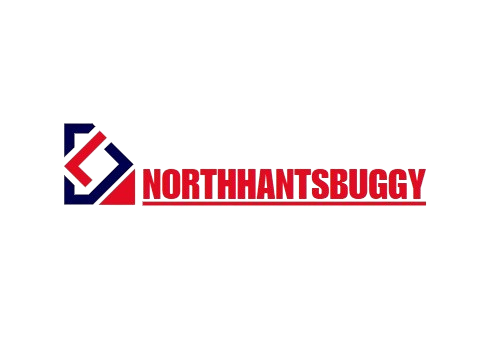Non-AAMS bookmakers do not operate in a vacuum. Their survival hinges on exploiting a fractured global regulatory landscape—a patchwork of conflicting laws, lenient jurisdictions, and enforcement gaps that creates fertile ground for unlicensed gambling. This jurisdictional arbitrage allows them to target Italian bettors while remaining shielded from consequences.
At the heart of this system are offshore licensing hubs like Curaçao, Anjouan, and Costa Rica. These jurisdictions offer inexpensive, easily obtainable licenses with minimal oversight. For a fee, bookmakers gain a veneer of legitimacy while facing no audits, no player protection mandates, and no obligation to comply with foreign regulations. Curaçao’s “master license” structure, for instance, allows sub-licensing to countless operators under a bookmakers non AAMS single umbrella, diluting accountability further. This contrasts sharply with stringent regimes like the UK Gambling Commission or Malta’s MGA, where compliance costs run into millions and operational transparency is non-negotiable.
Non-AAMS operators weaponize these disparities. They incorporate in lenient jurisdictions, host servers in countries with weak cyber laws, and route payments through financial havens. When Italy blocks a domain, they simply pivot to a new one registered elsewhere. Payment processors—often based in Cyprus or Bulgaria—facilitate transactions without rigorous checks, exploiting gaps in EU financial harmonization. Cryptocurrency exchanges add another layer, enabling anonymous bets beyond traditional banking scrutiny.
Italy’s regulatory isolation exacerbates the problem. While the ADM actively blacklists sites and pressures ISPs, it cannot compel foreign governments to shut down operators or extradite executives. Cross-border investigations stall over jurisdictional disputes. Even when Italy identifies a Curaçao-licensed bookmaker targeting its citizens, Curaçao’s authorities lack resources or incentive to intervene. This creates a safe harbor where unlicensed operators thrive, knowing enforcement ends at their borders.
The result is a regulatory arms race. Italy invests in AI-driven detection and payment monitoring, while bookmakers deploy VPNs, blockchain-based transactions, and decentralized hosting. Each technological countermeasure from regulators is met with a more sophisticated evasion tactic. Meanwhile, bettors remain caught in the middle—lured by bonuses but abandoned when disputes arise.
Global cooperation remains elusive. Initiatives like the European Gaming and Betting Association (EGBA) advocate for harmonized standards, but national interests and tax sovereignty concerns stall progress. Until international frameworks close these loopholes—requiring jurisdictions to enforce foreign rulings or blacklist non-compliant operators—non-AAMS bookmakers will continue exploiting the seams between legal systems.
For Italy, the battle is not just about blocking sites but addressing the structural incentives that make offshore licensing so attractive. Without unified global standards, non-AAMS bookmakers will persist as a symptom of a broken system—one where borders protect operators but leave bettors dangerously exposed.

